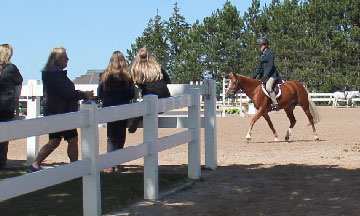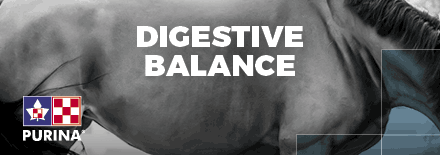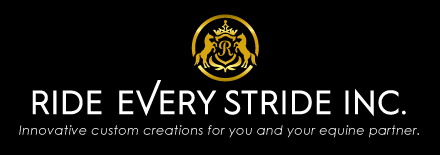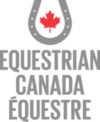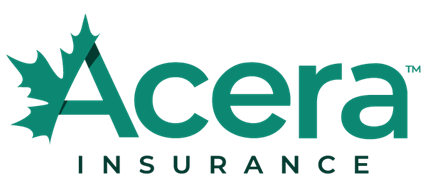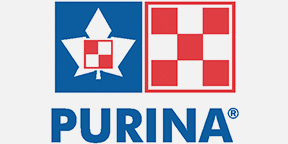The term nutrition is the overall process of ingestion, digestion, absorption and metabolism of the food we consume. All of these processes allow the nutrients from food to be assimilated and utilized by the tissues of our bodies.
The needs of the equestrian athlete is very different from sedentary individuals since physical activity boosts caloric needs and, with an increase in caloric intake, you will find the increase of macro and micro nutrients as well.
Therefore, it is important to understand the basic, underlying principles of nutrition and nutrients, in order to apply it effectively.
Nutrients
The foods we eat provide nutrients. There are six categories of nutrients: carbohydrates, protein, fat, water and vitamins & minerals and each provides a different function in the human body. Nutrients do not act independent of one another; they work synergistically.
Today we will talk about carbohydrates, commonly referred to as carbs.
Complex carbohydrates – Provides energy for the body
Carbohydrates are arguably the most important source of energy for the equestrian athlete. Carbs provide the energy that fuels muscle contractions. Once eaten, carbohydrates break down into smaller sugars (glucose, fructose and galactose) that get absorbed and used as energy. Any glucose not needed immediately is stored in the muscles and the liver in the form of glycogen. Once these glycogen stores are filled up, any extra gets stored as fat.
Glycogen is the source of energy most often used for exercise. It is needed for any short, intense bouts of exercise because it is immediately accessible. Glycogen also supplies energy during the first few minutes of any sport. During long, slow duration exercise, fat can help fuel activity, but glycogen is still needed to help break down the fat into something the muscles can use.
Adequate carbohydrate intake also helps prevent protein from being used as energy. If the body doesn’t have enough carbohydrate, protein is broken down to make glucose for energy. Because the primary role of protein is as the building blocks for muscles, bone, skin, hair, and other tissues, relying on protein for energy (by failing to take in adequate carbohydrate) can limit your ability to build and maintain tissue. Additionally, this stresses the kidneys because they have to work harder to eliminate the by-products of this protein breakdown.
Carbohydrates have other specific functions in the body, including fuelling the central nervous system (CNS) and the brain.
How carbohydrates fuel exercise
Carbohydrate stored as glycogen is an easily accessible source of energy for exercise. How long this energy supply lasts depends on the length and intensity of exercise and can range anywhere from 30 to 90 minutes or more. To avoid running out of energy during exercise, start with full glycogen stores, replenish them during exercise and refill them after exercise to be ready for the next workout.
Types of carbohydrates – simple vs. complex carbs
Although absorbed and converted to energy very quickly, therefore providing a rapid source of energy, simple carbs should be avoided by the equestrian athlete. Examples of simple carbohydrates include white sugar, white flour, white rice etc. Not to confuse you, but there are times when a registered nutritionist may recommend white bread, especially bagels or white pasta and white rice.
Complex carbohydrates take a bit longer to be digested and absorbed into the body. They also take longer to breakdown and therefore provide energy at a slower rate than simple carbs. Examples of complex carbohydrates include whole wheat breads, brown rice, grains, whole wheat pasta, legumes such as kidney beans, pinto beans, lentils, garbanzo beans, potatoes etc. Starch and fiber are also a part of complex carbohydrates but fiber cannot be digested or used for energy. Starch is probably the most important energy source in an athlete’s diet because it is broken down and stored as glycogen.
Please check back next week where I will expand on the body’s need for protein and fat.
“Remember, Food Does Not Have To Be Just Another Four Letter Word!” – Ian Harris
Ian can be reached at ian@ianharris.ca. You can also follow his nutrition tips on Facebook at or visit www.ianharris.ca
